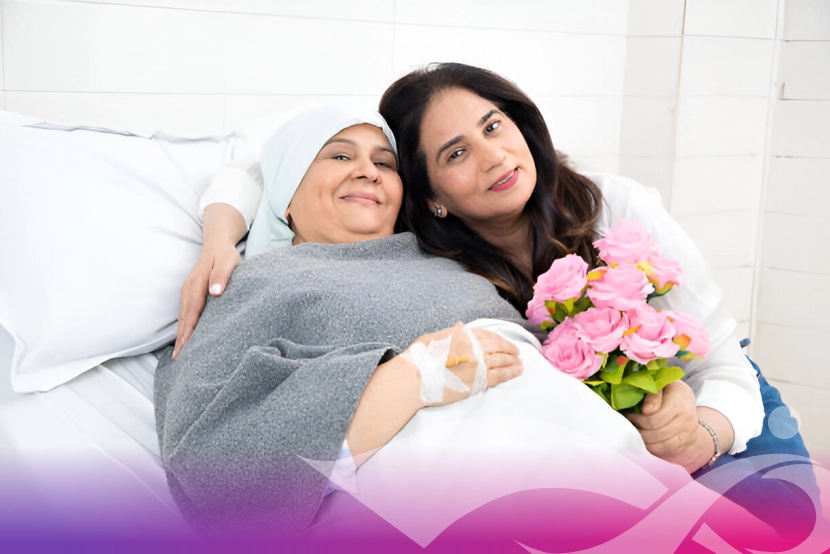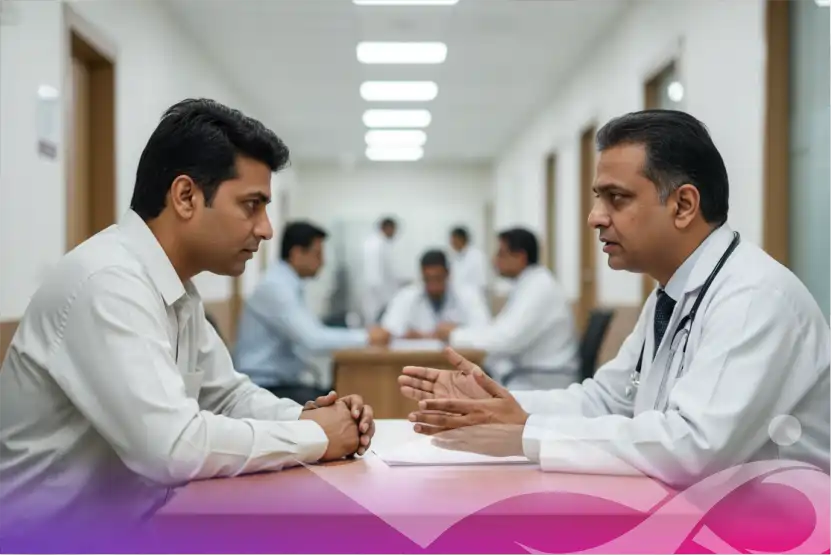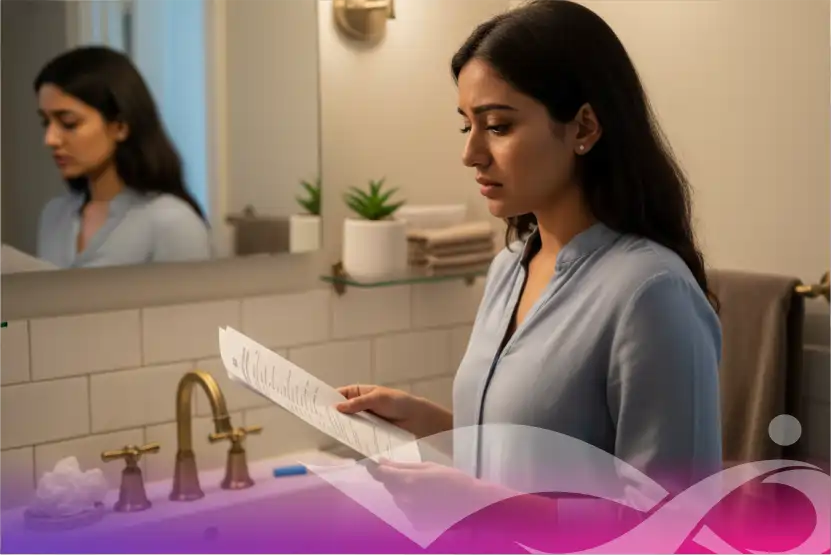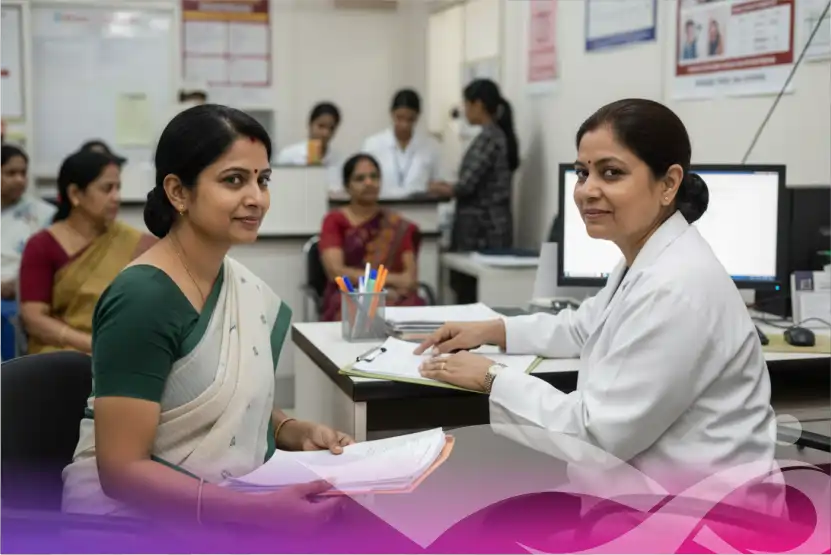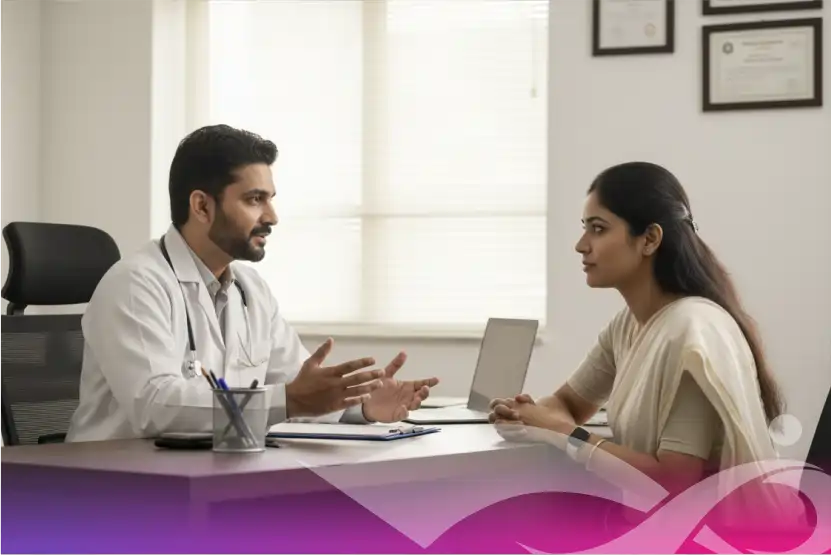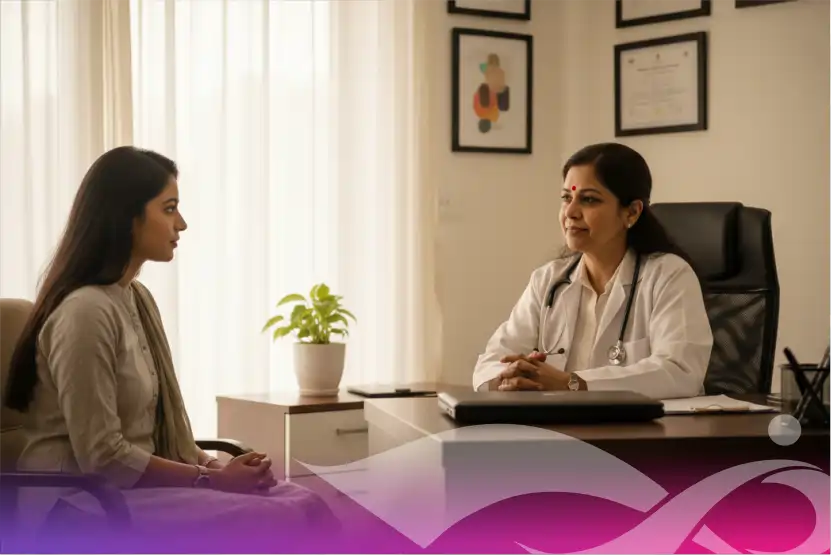A cancer diagnosis changes the patient; it also influences the entire family. Medical treatments are obviously vital, but sometimes disregarded is the great impact family support has on a patient's road of recovery. Patients, regardless of their type of cancer, depend on family support. Family support is critical for patients, regardless of What cancer is and its types. At IOCI, we observe daily how the continuous presence and pragmatic assistance of loved ones may greatly improve recovery results; hence, emotional support is a pillar of our whole approach to treatment.
The Multiple Function of Family in Cancer Recovery
Whether biological or chosen, family members play different important roles both during and after cancer treatment. This help goes beyond emotional comfort to include a broad spectrum of pragmatic, psychological, and physical help directly facilitating improved recovery:
- Emotional anchoring: There is a great psychological cost associated with cancer. Family provides a safe place for anxiety, frustration, and hopelessness as well as support, a listening ear, and a sense of normalcy among turmoil. This emotional stability helps one fight depression and anxiety, fostering recovery from otherwise challenging circumstances.
- Treatment Attention: Family members in large measure determine whether patients remember pills, follow challenging treatment plans, and show up for appointments. Along with the medical staff, they can help with patient needs advocacy, logistical planning, and side effect monitoring.
- Actual Help: From cooking and driving to housework and child care, family members usually volunteer extra time to lighten the patient's load and free them to save energy for recovery.
- dietary support: Managing changes in appetite and specific dietary needs both during and after treatment can be challenging. Families often become skilled in researching treatment options, deciphering medical jargon, and posing important questions, so acting as an additional layer of advocacy for the patient. They can also provide great, healthy meals to ensure the patient gets needed nutrients for recovery.
- Living closely with the patient, family members are often the first to detect minor changes in health or mood, which drives earlier intervention for side effects or complications.
- Strong correlation between strong social and family support and better cancer outcomes is repeatedly shown by science. Studies reveal that those with strong support systems typically feel:
- Improved Quality of Life: Over their treatment and recovery, greater degrees of satisfaction and well-being.
- Lower rates of anxiety, depression, and psychological discomfort will help to ease stress.
- Enhanced Treatment Adherence: More constant application of medical recommendations and treatment plans.
- Improved Immune Function: Emotional well-being and stress lowering effect on the immune system
Though complicated, some research indicates a relationship between high social support and better survival rates for some cancers.
This is to underline the great advantage of having a supportive network—not that single people cannot recover properly. This highlights the need for a whole healing plan since the human relationship is a quite powerful therapeutic tool.
The Dedication of IOCI to Complete Family Support
At IOCI, we appreciate that cancer is a family illness. Our approach of treatment covers not only the patient but also their supporting system. We can provide:
Counselling for patients and families helps one negotiate the emotional and pragmatic difficulties.
Support groups give a forum for group coping and common experiences.
Giving families knowledge about the patient's condition and how best to provide support helps them to be empowered.
Patient navigators help to link families with resources and handle logistical issues.
For example, knowing the cancer symptoms in men and women and the accompanying therapy usually means family members being alert and encouraging all through the process. Their active participation from the first phases of Cancer diagnosis and treatment through rehabilitation can make a significant difference.
Consult us at any of our locations—across IOCI Noida, Greater Noida, Mumbai, Indore, Aurangabad, Agartala, Saharanpur, Kanpur and Jodhpur






